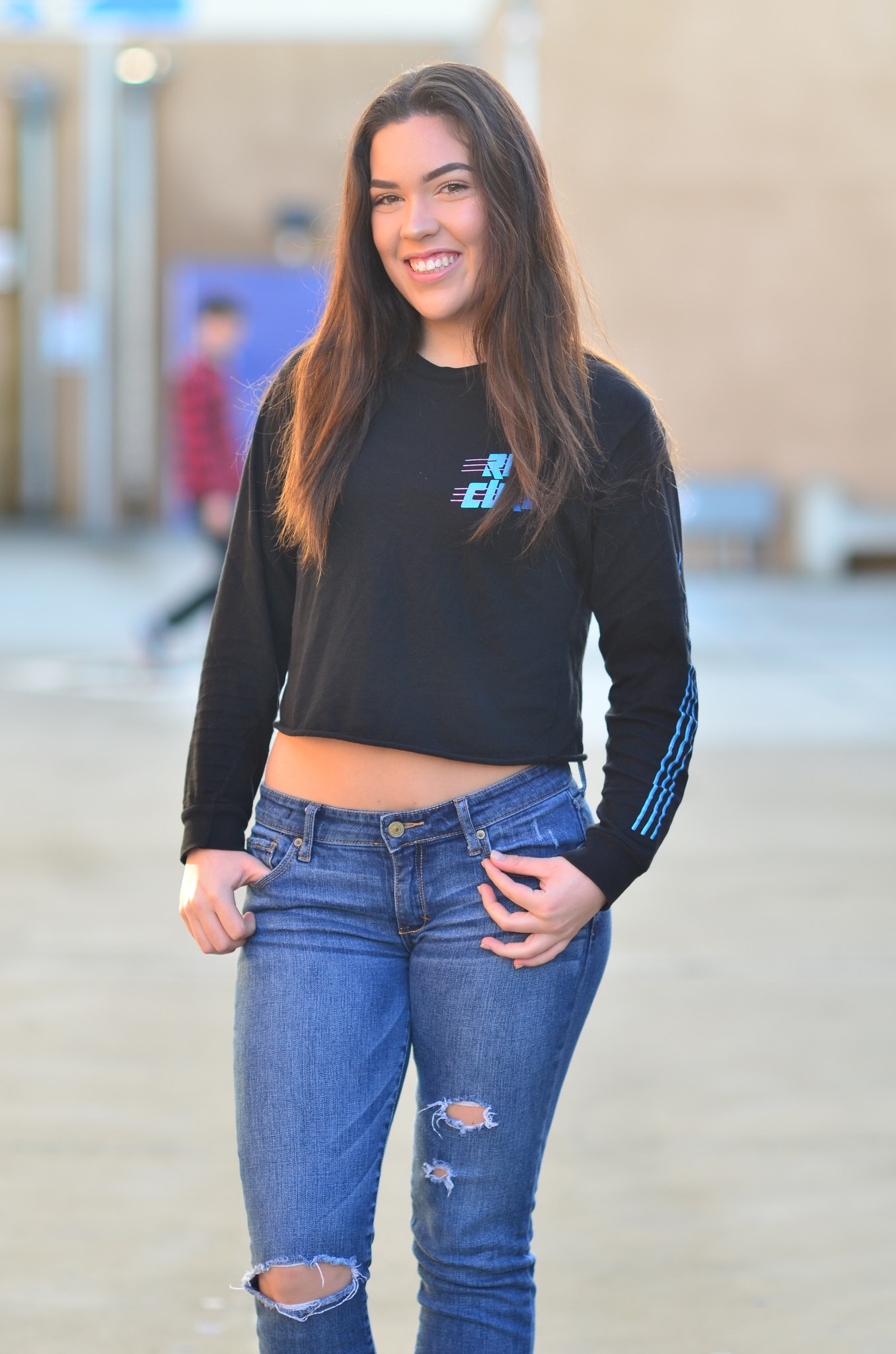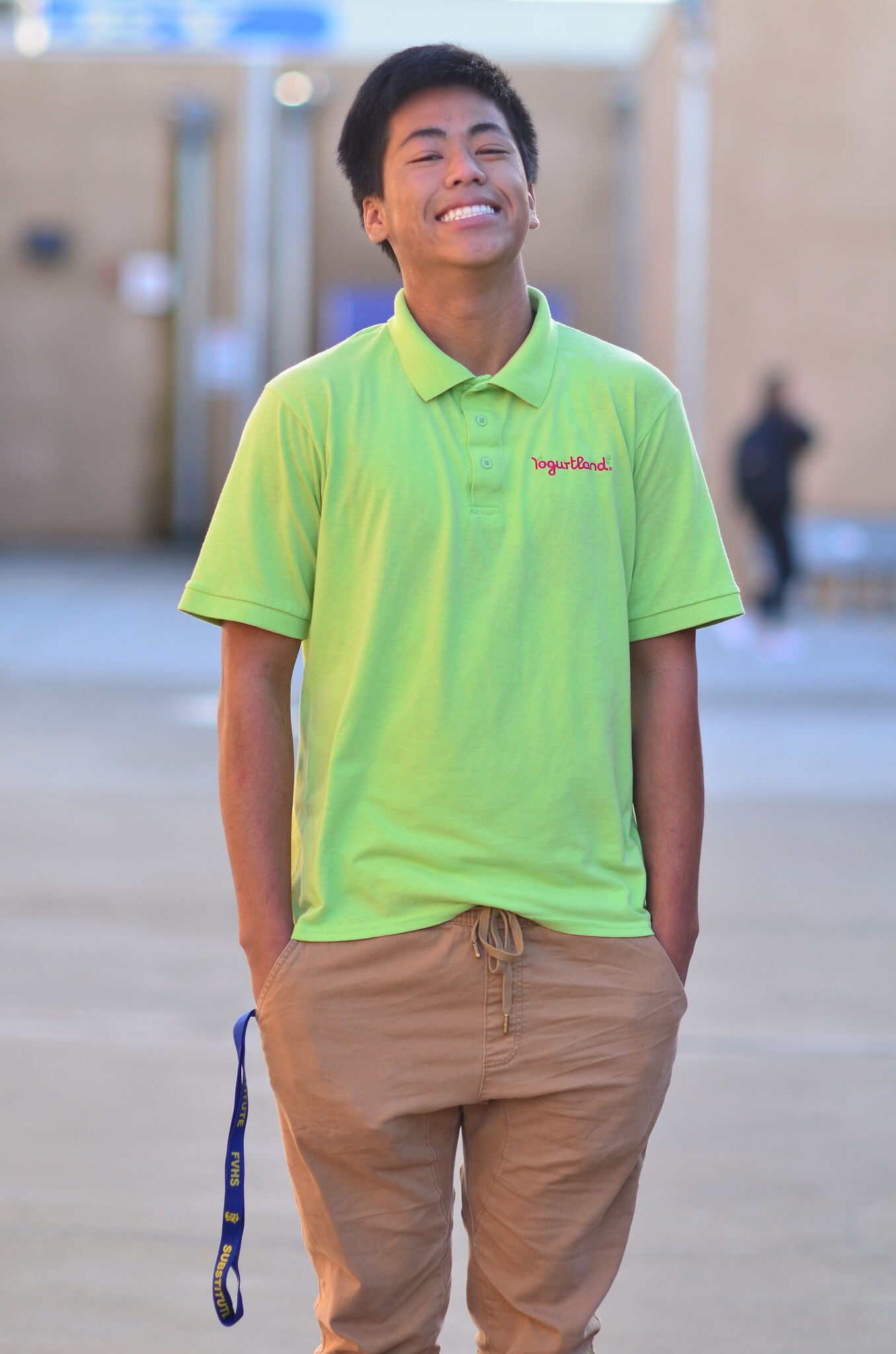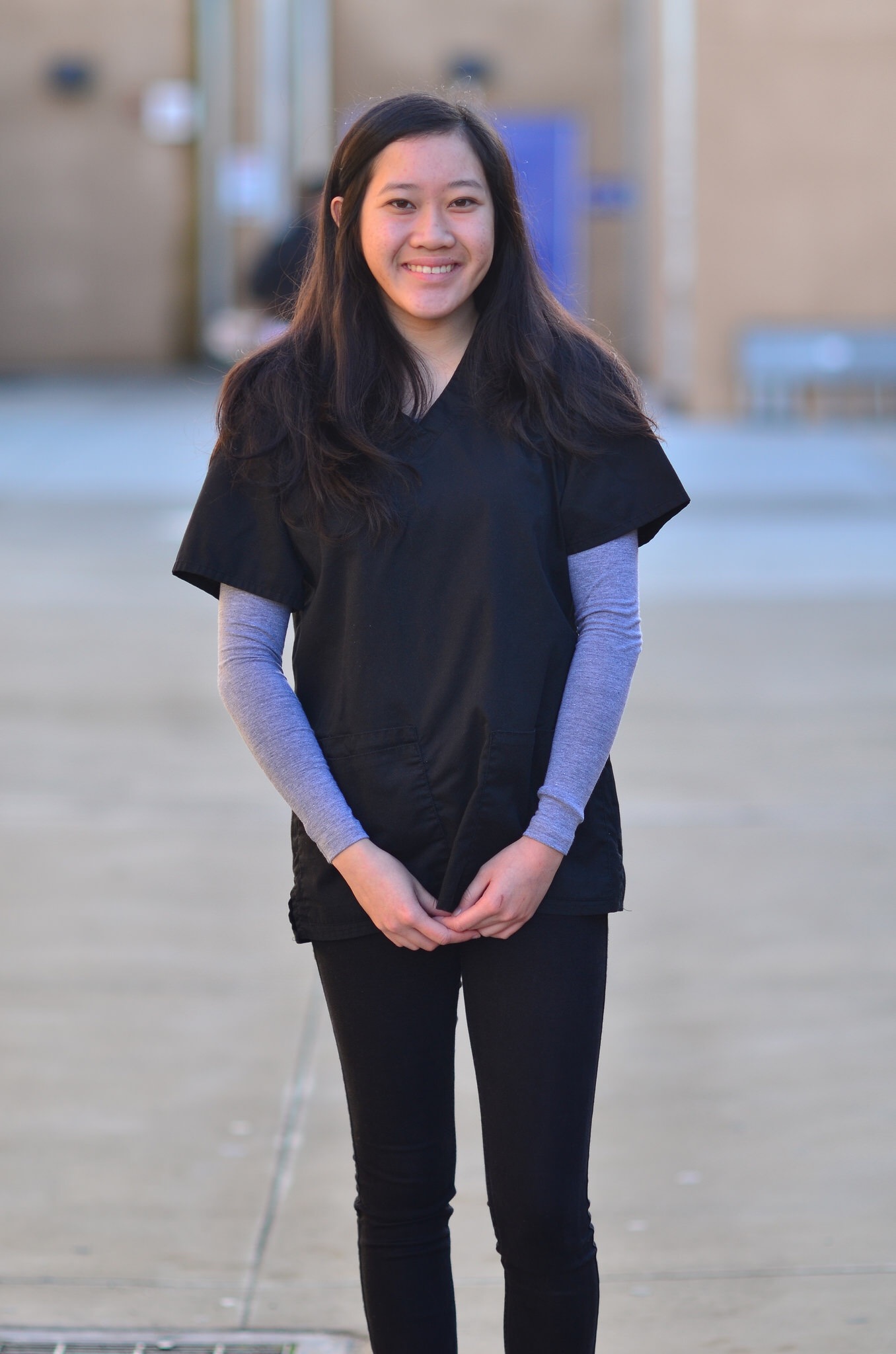By Celine Hoang, Social Media Manager
Many students have jobs and various ways of earning money. Whether it’s babysitting or working in the cafeteria, the positive aspects of working as a student outweighs the cons.
Although working means students don’t have as much time, having a job teaches students responsibility, customer service and how to spend his or her money wisely. Madison Haney (‘17) is a retail associate at Ripcurl. She decided to work there because she loves the beach and everything about summer. Her job consists of hanging up bathing suits, folding clothing and working at the register. Through working at Ripcurl, she has learned customer service and life lessons. Haney is on the dance team and having a job has taught her how to balance all of her extracurriculars.
“My job is all about customer service so we genuinely talk to people about their day and get to know them,” said Haney.
Working in retail has its own perks, as Haney receives 50% off any item with the Ripcurl brand. This varies with different stores, but employees will usually receive benefits in regards to their workplace.
Having a job doesn’t always mean actively dealing with customers. There are many low-stress jobs with less customer-worker interactions. Nathan Le (‘18) is a cashier at Yogurtland. He works there because his sisters have worked there previously. While working, Le also fills up toppings. He wanted to be a cashier because the store isn’t as busy, thus a less stressful work environment. Another reason Le decided to work was because he wanted to make an income and decide for himself how he was going to spend his money. Having a job teaches responsibility because it cuts out of his free time to spend time with friends when he has to work.
“It’s totally worth not being able to hang out twice a week because now I can buy whatever I want,” said Le.
Some jobs are labor heavy, but provide a great hands-on experience. Christian Lawler (‘18) works at Sea Salt Woodfire Grill in Huntington Beach as a dishwasher. His work consists of washing dishes, but he also helps the cooks. Lawler helps them make cream cheese frosting, french fries, prepare the hamburger meat, make the pancake batter and assist them in cutting vegetables.
Having a job has allowed Lawler to save and buy a new laptop. He is currently saving for a car. While working at Sea Salt, he has learned to be more responsible and have more effective time management— he manages work, homework and a sport. Having this job has taught him to get out of his comfort zone and experience labor intensive work.
“I really recommend students to get a job because it will teach you good work ethics and give you a great experience for the future,” said Lawler.
It’s very beneficial to get a job that could potentially be a future career. Sara Nguyen (‘18) is a receptionist at the Huntington Pet Vet animal hospital. She was able to work there because her brother is employed there. Being a new receptionist, Nguyen doesn’t have as many responsibilities, but she does have to work with animals. She administers fluid, trims their nails and gives them vaccines. Sometimes, she’ll assist the technician vets in getting materials ready for a procedure. Working as a receptionist has allowed Nguyen to broaden her social skills.
“Instead of dealing with people my age, relatives or teachers I’m dealing with adults that are usually concerned and sometimes hysterical because of their pets. It’s a good experience to be able to deal with a new group of people and allows for me to be more mature to handle the situation,” said Nguyen.
She’s always been interested in working in the medical field and possibly with animals and this job lets her to have this experience hands on and is similar to an Regional Occupation Program (ROP) course. Her only downside to working with animals is a small risk of danger because they’re very unpredictable when they’re scared.
There are jobs available for any student in any type of environment. Working as a student outweighs the small downsides through learning outside of school and gaining positive experiences.









